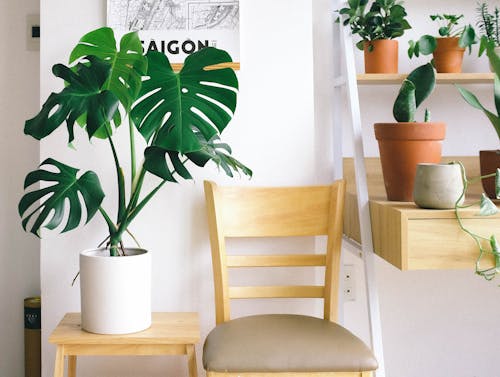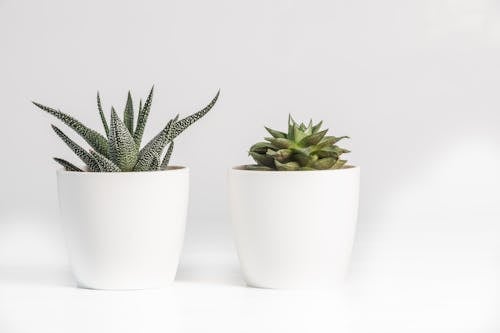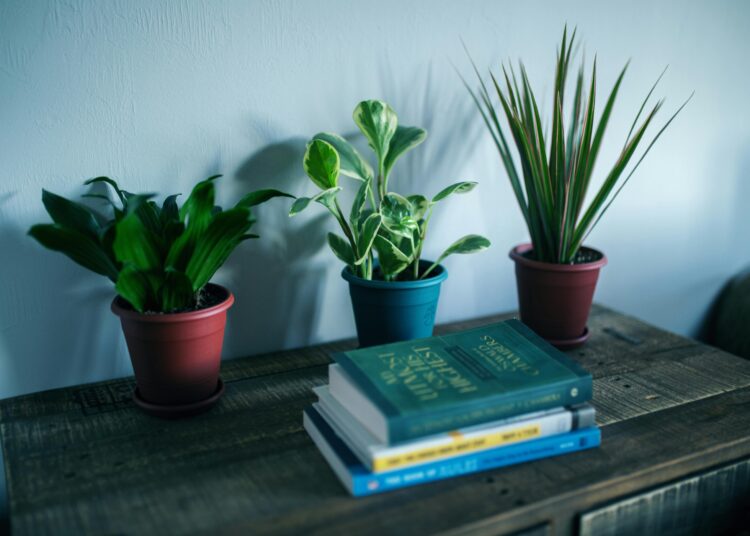Step into the world of botanical wonder as we explore the captivating allure of Gynura aurantiaca, a true gem among houseplants. In this comprehensive guide, we delve into every aspect of caring for this enchanting species, from its mesmerizing purple foliage to its cultural significance and medicinal properties.
Unveiling the Beauty:
Delve into the mesmerizing aesthetics of Gynura aurantiaca, from its vibrant purple leaves to its velvety texture.
Explore the evolution of its distinctive foliage and how it intensifies in color with age, enhancing its beauty as it matures.
Discuss the visual impact this plant can have on indoor spaces, elevating aesthetics and bringing a touch of natural elegance to any room.
Light and Shade:

Understand the importance of light in the life of Gynura aurantiaca, from its preference for bright, indirect sunlight to its aversion to direct sun exposure.
Learn how to optimize lighting conditions indoors, whether through strategically placed windows or artificial lighting sources like fluorescent bulbs.
Discover the delicate balance between light and shade that ensures the health and vitality of this captivating houseplant.
Creating the Ideal Habitat:
Explore the native Indonesian environment of Gynura aurantiaca and the conditions it thrives in, including humidity levels and temperature preferences.
Learn practical tips for replicating these conditions within your home, from using humidity trays to employing misting techniques.
Discuss the benefits of providing a nurturing habitat for Gynura aurantiaca, not only for its growth but also for the well-being of its caretaker.
Nurturing Growth:
Dive into the essential care routines necessary to keep Gynura aurantiaca thriving, including watering schedules, soil requirements, and fertilization techniques.
Understand the importance of proper drainage and potting mix selection in preventing common issues like root rot.
Explore the art of pruning and shaping Gynura aurantiaca to maintain its manageable size and promote healthy growth.
Beyond Beauty: Cultural and Medicinal Significance:
Examine the cultural significance of Gynura aurantiaca in various traditions and folklore, from its symbolism to its role in rituals and ceremonies.
Explore the purported medicinal properties attributed to Gynura aurantiaca, including its alleged benefits for digestive health and inflammation reduction.
Reflect on the holistic value of cultivating Gynura aurantiaca beyond its ornamental appeal, embracing its role as a symbol of vitality and well-being.

Here are five additional tips to help you care for your Gynura aurantiaca:
Temperature and Humidity Control: Maintain a consistent temperature range between 60°F to 75°F (15°C to 24°C) for optimal growth. Avoid sudden temperature fluctuations, as they can stress the plant. Additionally, consider placing a humidity tray filled with water and pebbles beneath the plant to increase humidity levels, especially during dry seasons or in centrally heated homes.
Pruning for Shape and Health: Regularly prune your Gynura aurantiaca to maintain its desired shape and promote air circulation within the plant. Trim any leggy or overgrown stems to encourage bushier growth and prevent the plant from becoming too sparse. Remove any yellowing or dead leaves promptly to prevent the spread of disease and maintain the plant’s overall health and appearance.
Pest Prevention and Management: Keep an eye out for common indoor plant pests such as aphids, mealybugs, and spider mites, which may occasionally target your Gynura aurantiaca. Inspect the leaves regularly for signs of infestation, such as tiny insects, webbing, or yellow spots. If pests are detected, gently wipe the affected leaves with a damp cloth or treat the plant with insecticidal soap according to the manufacturer’s instructions.
Repotting: As your Gynura aurantiaca grows, it may outgrow its current pot or become root-bound, hindering its growth and health. Monitor the plant’s root system, and when it begins to fill the pot, consider repotting it into a slightly larger container with fresh potting mix. Spring is an ideal time for repotting, as the plant enters its active growth phase.
Seasonal Care: Adjust your care routine according to the changing seasons to accommodate the plant’s natural growth patterns and requirements. During the warmer months of spring and summer, your Gynura aurantiaca will benefit from more frequent watering and fertilization as it experiences increased growth. In contrast, reduce watering and fertilization during the cooler fall and winter months when the plant enters a period of dormancy. Additionally, protect the plant from drafts and cold air during the winter to prevent stress and potential damage.
As we conclude our journey into the world of Gynura aurantiaca, let us marvel at the splendor of this extraordinary houseplant. From its captivating beauty to its cultural and medicinal significance, Gynura aurantiaca stands as a testament to the timeless allure of nature’s wonders. Embrace the joy of nurturing and caring for this living masterpiece, and may it bring endless delight to your indoor oasis.













Discussion about this post